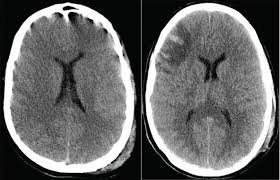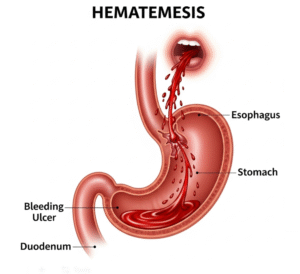Overview
Ornithine Transcarbamylase (OTC) Deficiency is a rare genetic disorder affecting the urea cycle, leading to the accumulation of ammonia in the blood (hyperammonemia). This metabolic condition primarily impacts the liver’s ability to eliminate nitrogen waste, causing severe neurological symptoms and requiring urgent medical management. In Korea, specialized metabolic and genetic clinics provide diagnosis, treatment, and lifelong care for patients with OTC deficiency.
What is OTC Deficiency?
OTC Deficiency is an inherited disorder caused by mutations in the OTC gene, leading to deficient activity of the ornithine transcarbamylase enzyme. This enzyme is critical for converting ammonia, a toxic byproduct of protein metabolism, into urea for excretion. Without adequate OTC function, ammonia builds up in the bloodstream, leading to toxic effects, especially on the brain.
Symptoms
Symptoms of OTC deficiency vary by age and severity but may include:
- In newborns: Poor feeding, vomiting, lethargy, seizures, and coma shortly after birth
- In later-onset cases: Confusion, behavioral changes, vomiting, headaches, and ataxia
- Episodes triggered by illness, high protein intake, or stress
- Developmental delays and cognitive impairment if untreated
Causes
OTC deficiency results from mutations in the OTC gene located on the X chromosome, making it an X-linked genetic disorder. Males are typically more severely affected, while females may have milder symptoms due to random X-chromosome inactivation.
Risk Factors
Risk factors include:
- Family history of OTC deficiency or urea cycle disorders
- Being male (due to X-linked inheritance)
- Triggers such as infections, high protein diet, or metabolic stress that increase ammonia production
Complications
Without timely treatment, OTC deficiency can cause:
- Severe brain damage from hyperammonemia
- Coma and death in acute cases
- Long-term neurological disabilities
- Recurrent metabolic crises requiring hospitalization
Prevention
Genetic counseling and prenatal testing can help families understand risks and options. Early diagnosis through newborn screening and prompt treatment initiation are essential to prevent severe complications.
Treatment Options in Korea
In Korea, OTC deficiency management includes:
- Dietary management: Low-protein diets tailored to reduce ammonia production while ensuring adequate nutrition
- Medications: Ammonia-scavenging drugs such as sodium benzoate and sodium phenylbutyrate
- Emergency treatment: Rapid intervention during metabolic crises with intravenous therapies to lower ammonia levels
- Liver transplantation: Considered in severe, refractory cases to correct the enzyme deficiency
- Genetic counseling and long-term follow-up: Provided by specialized metabolic clinics for comprehensive care
Korean medical centers utilize advanced genetic testing and multidisciplinary teams to optimize diagnosis, treatment, and support for patients with OTC deficiency.













